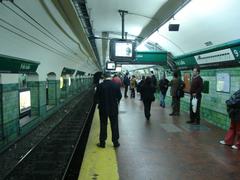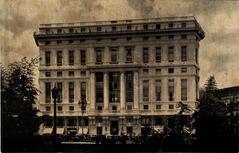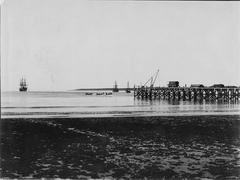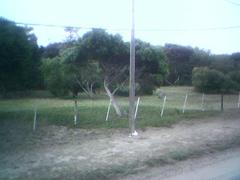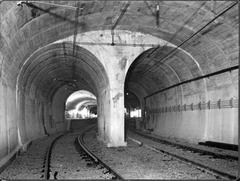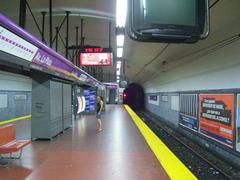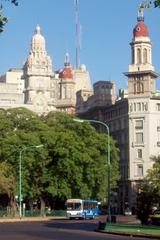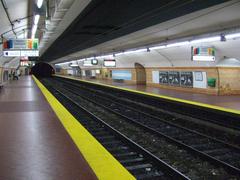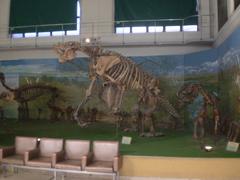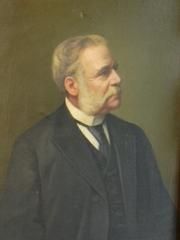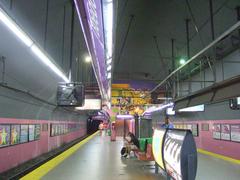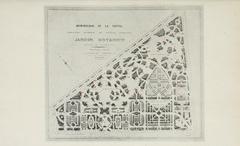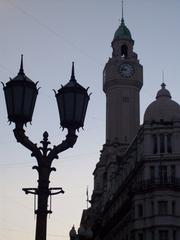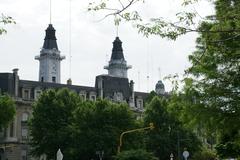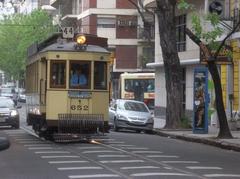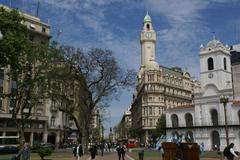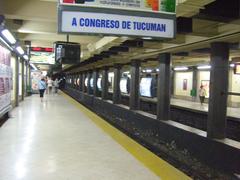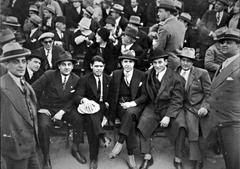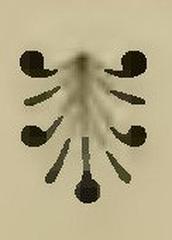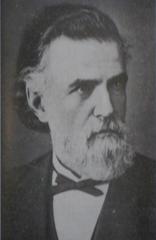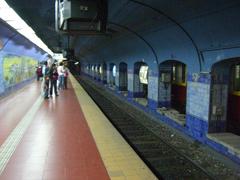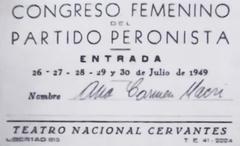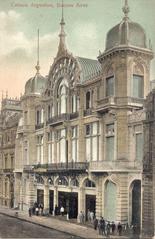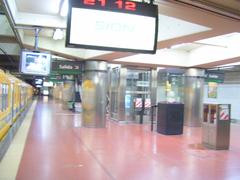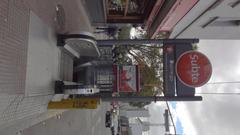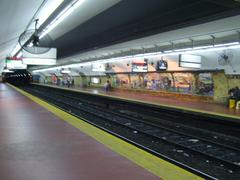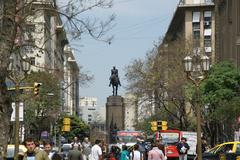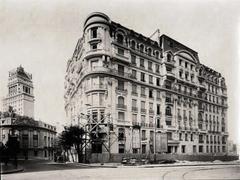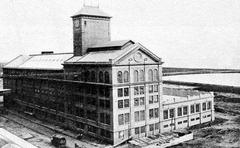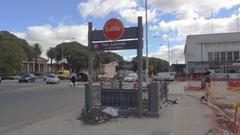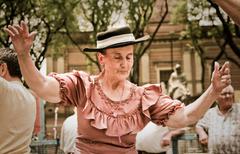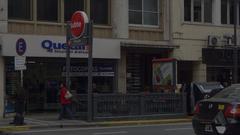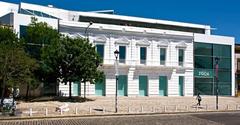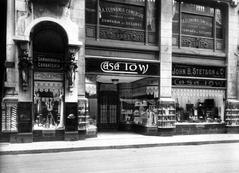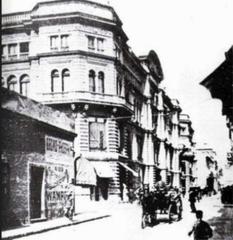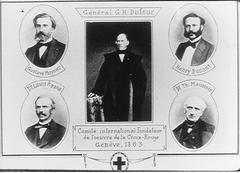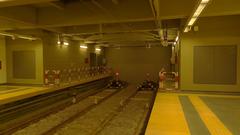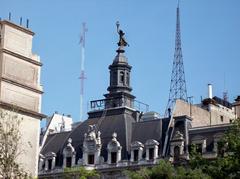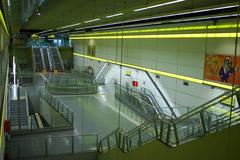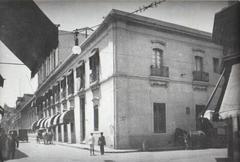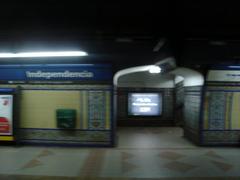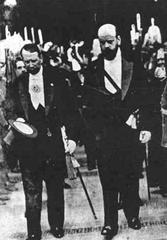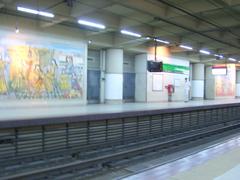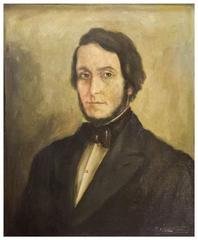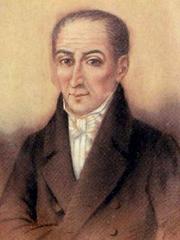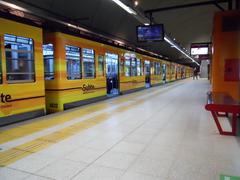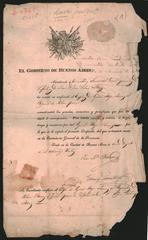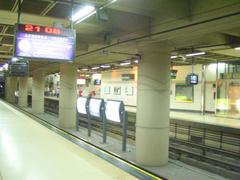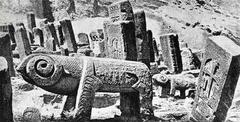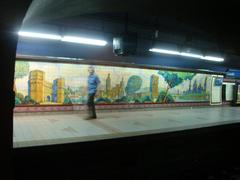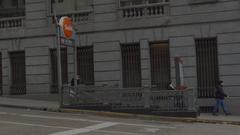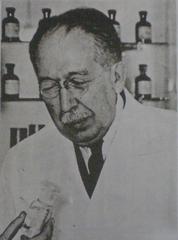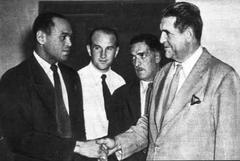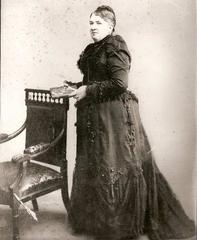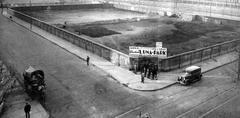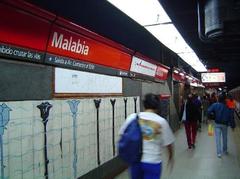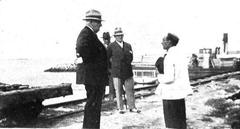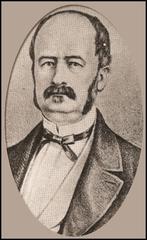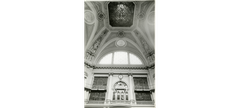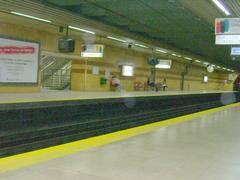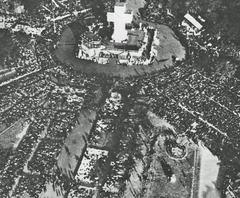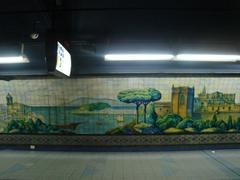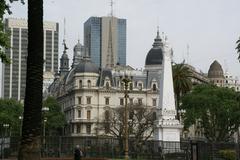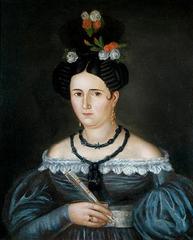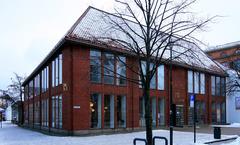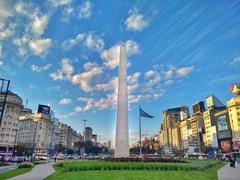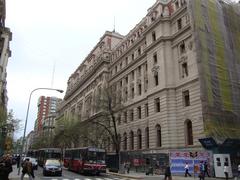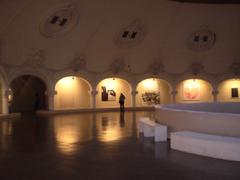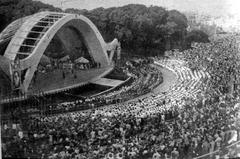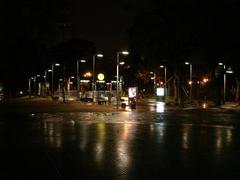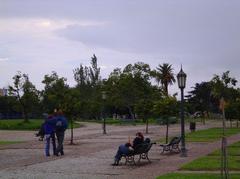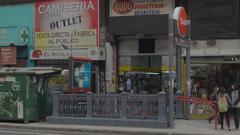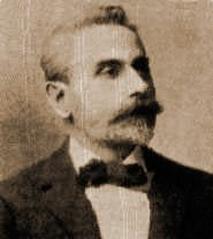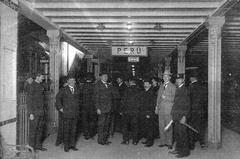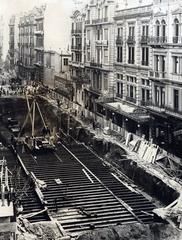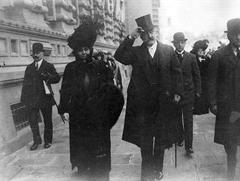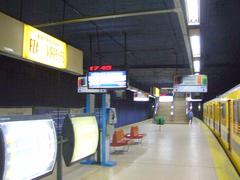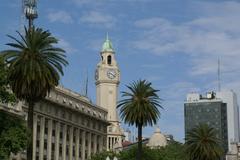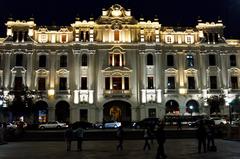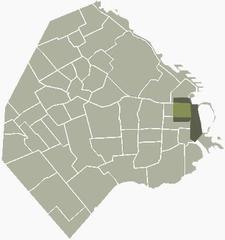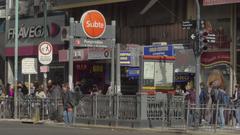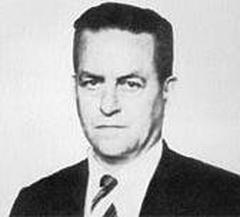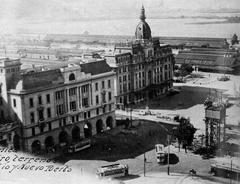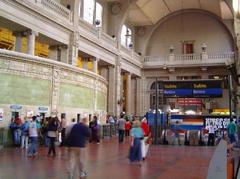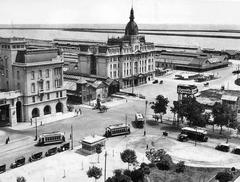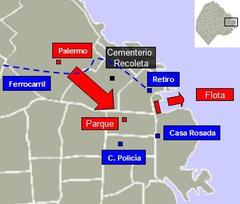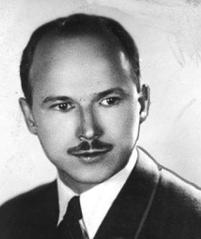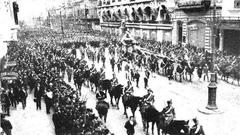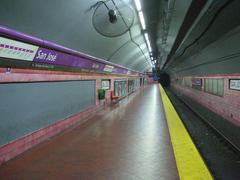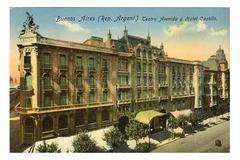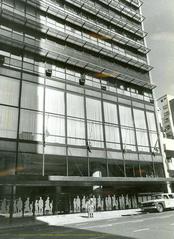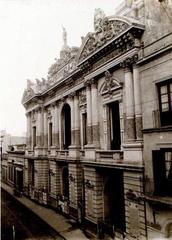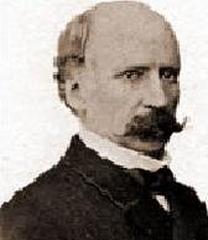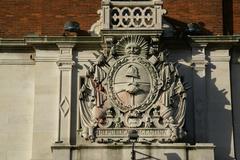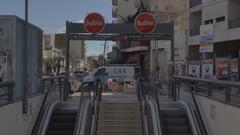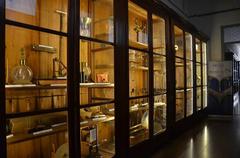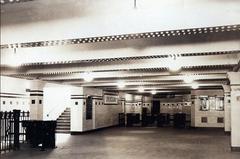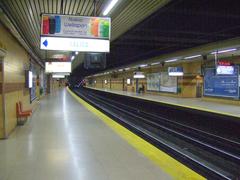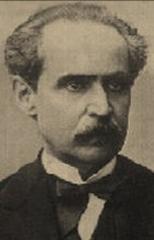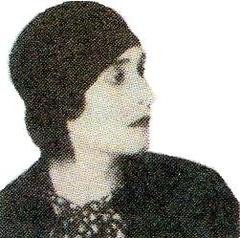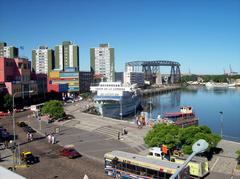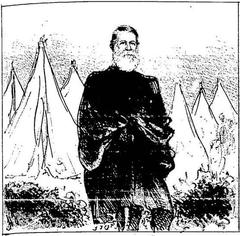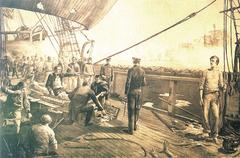
Hospital Borda Buenos Aires: Visiting Hours, Tickets, and Historical Significance
Date: 04/07/2025
Introduction
Hospital Borda, formally known as Hospital Interdisciplinario Psicoasistencial José Tiburcio Borda, is not only Argentina’s foremost psychiatric institution but also a vital historical and cultural landmark in Buenos Aires. Situated in the Barracas neighborhood, this pioneering hospital offers a unique window into the history of mental health care, blending architectural heritage, expansive gardens, and vibrant cultural initiatives. From its 19th-century origins as a custodial asylum to its contemporary role as a center of community integration and artistic expression, Hospital Borda stands at the intersection of medicine, social advocacy, and cultural innovation (El Arcón de la Historia; Revista Cítrica; Ricardocorral.com).
This guide offers an in-depth look at Hospital Borda’s visiting policies, historical evolution, architectural highlights, cultural significance, and practical tips for visitors.
Historical Overview
Founding and Early Years
Hospital Borda traces its roots to 1863, when Dr. Ventura Bosch initiated the creation of Hospicio de San Buenaventura, Buenos Aires’ first major psychiatric asylum. Originally located on the site of today’s Hospital Rawson, the institution reflected 19th-century philosophies of mental health care—primarily custodial, focused on shelter over rehabilitation. Dr. José María Uriarte, the first director, oversaw an environment aimed at basic care for those deemed mentally ill (El Arcón de la Historia).
Institutional Transformation
After Bosch’s death, the asylum became Hospicio de las Mercedes in 1873, signaling a new emphasis on charity and religious values. Through the 20th century, the institution underwent several renamings, including Hospital Nacional Neuropsiquiátrico de Hombres in 1949 and, finally, Hospital Psicoasistencial Interdisciplinario José Tiburcio Borda in 1967. This final change honored Dr. José Tiburcio Borda, a key figure in Argentine psychiatry and a proponent of humane, patient-centered care (El Arcón de la Historia).
Architectural and Urban Significance
Today, Hospital Borda occupies a sprawling 16–20 hectare campus in Barracas, characterized by a blend of historic and modern pavilions, therapeutic gardens, and internal avenues that evoke a “city within the city” (La Nación; Wikipedia). Its H-shaped layout, neoclassical and Beaux-Arts influences, and lush green spaces reflect evolving attitudes toward psychiatric care, emphasizing the healing power of nature and social interaction (Ricardocorral.com).
Many of the hospital’s structures, such as the Amable Jones Pavilion and the print workshop, are protected heritage sites under Buenos Aires law, reinforcing their cultural and historical value.
Cultural and Social Impact
Community and Patient Empowerment
Hospital Borda has long been a center for psychiatric research and education, nurturing the influential Argentine-German neurobiological school and, since 1993, serving as a teaching hospital for the University of Buenos Aires (es.wikipedia). The Centro Cultural Borda, declared a site of cultural interest, fosters patient empowerment and social reintegration through art workshops, exhibitions, music, and cooperative initiatives such as “La Huella” (ESSAPP).
Artistic Expression and Advocacy
Hospital Borda is internationally recognized for “Radio La Colifata,” a groundbreaking radio station founded in 1991 and run by patients. This project, acclaimed for its role in mental health advocacy and social inclusion, exemplifies how art and media can challenge stigma and empower marginalized voices (Revista Cítrica). The hospital’s walls, murals, and gardens have become canvases for both therapeutic and activist expression, while its influence resonates in Argentine popular culture and music.
Public Engagement and Heritage Preservation
The Museo del Hospital Borda documents the evolution of psychiatric care through exhibits of historical artifacts, offering guided tours that illuminate the institution’s legacy and stories of its most notable residents (Museumspedia; Baires Secreta).
Hospital Borda is also at the forefront of debates on national mental health reform, advocating for deinstitutionalization while preserving critical services and cultural functions (La Nación).
Visiting Hospital Borda: Practical Information
Visiting Hours
Hospital Borda is an active psychiatric hospital, and public access is primarily through scheduled guided tours or cultural events. Tours are typically held on the third and fourth Wednesdays of each month, lasting 1–2 hours. Advance registration is required.
- Tour Registration: Email [email protected] with your name and preferred tour date.
- Tour Schedule: Morning tours; times provided upon registration (Ricardocorral.com).
Tickets and Admission
- Guided Tours and Events: Free of charge. Registration is mandatory, and group sizes are limited.
- Entry: General visits outside of tours or events are not permitted, except for patients’ families or authorized personnel.
Accessibility
Many public spaces, gardens, and event areas are accessible to visitors with mobility challenges. However, some historic buildings may have limited access. Inquire in advance regarding specific requirements.
How to Get There
- Address: Dr. Ramón Carrillo 375, Barracas, Buenos Aires (clinica-web.com.ar)
- Public Transport: Accessible by bus and train; taxi or rideshare services are recommended for convenience.
- Parking: Limited street parking is available nearby.
Visitor Guidelines
- Photography: Permitted only in public or designated areas; always request permission, especially if patients are present.
- Respectful Conduct: Maintain quiet, dress modestly, and avoid unsolicited interaction with patients.
- Privacy: Adhere to all privacy and security protocols.
- Gifts/Donations: Consult staff before bringing any items.
Facilities and Services
Hospital Borda provides psychiatric care, occupational and music therapy, cultural workshops, and community events. Waiting areas and basic amenities are available for visitors during authorized events or tours.
Nearby Attractions
- Parque Patricios: Adjacent park offering green space and relaxation.
- La Boca and Caminito: Colorful streets, art, and tango culture.
- San Telmo: Historic district known for markets, cafes, and street art (touristplaces.guide).
Frequently Asked Questions (FAQ)
Q: How do I register for a guided tour?
A: Email [email protected] with your name and preferred date.
Q: Are tours and museum entry free?
A: Yes, all guided tours and museum visits are free, but require advance registration.
Q: Is the hospital accessible for visitors with disabilities?
A: Most areas are accessible, but some older buildings may be limited. Contact the hospital for details.
Q: Can I take photos during my visit?
A: Only in designated areas and with prior permission to protect patient privacy.
Q: Are there tickets or fees for entry?
A: No tickets or entrance fees for tours and cultural events; registration is mandatory.
Q: What is the best way to get there?
A: Taxi, rideshare, or public transport; parking is limited.
Safety and Security
Security personnel are present at all entrances, and visitor registration is mandatory for all tours and events. Follow all staff instructions and keep personal belongings secure.
Contact Information
- General Inquiries and Tours: +54 11 4306-7704
- Cultural Center & Museum: [email protected]
- Nursing Department: [email protected] or [email protected] (hospitalbordaenfermeria.blogspot.com)
Summary and Recommendations
Hospital Borda offers visitors a powerful and enlightening experience, blending psychiatric history, cultural innovation, and architectural heritage. Free guided tours, accessible facilities, and a diverse cultural calendar make it an essential stop for those interested in Buenos Aires’ social and medical evolution. Visitors are encouraged to plan ahead, register in advance, and approach the site with respect and openness.
To enrich your visit, download the Audiala app for guided audio tours and stay connected with upcoming events through official channels. For more cultural exploration, see related articles on Buenos Aires’ historical neighborhoods and mental health advocacy.
Further Reading and Official Resources
- Orígenes del Borda, 1863, El Arcón de la Historia
- Los 22 años de La Colifata, 2022, Revista Cítrica
- Hospital Borda Overview, Ricardocorral.com
- Hospital Borda Visits and History, La Nación
- Museo del Hospital Borda, Museumspedia
- Hospital Borda Listing, Clinica-web.com.ar
- Hospital Borda Nursing Department
- Tourist Places in Buenos Aires

